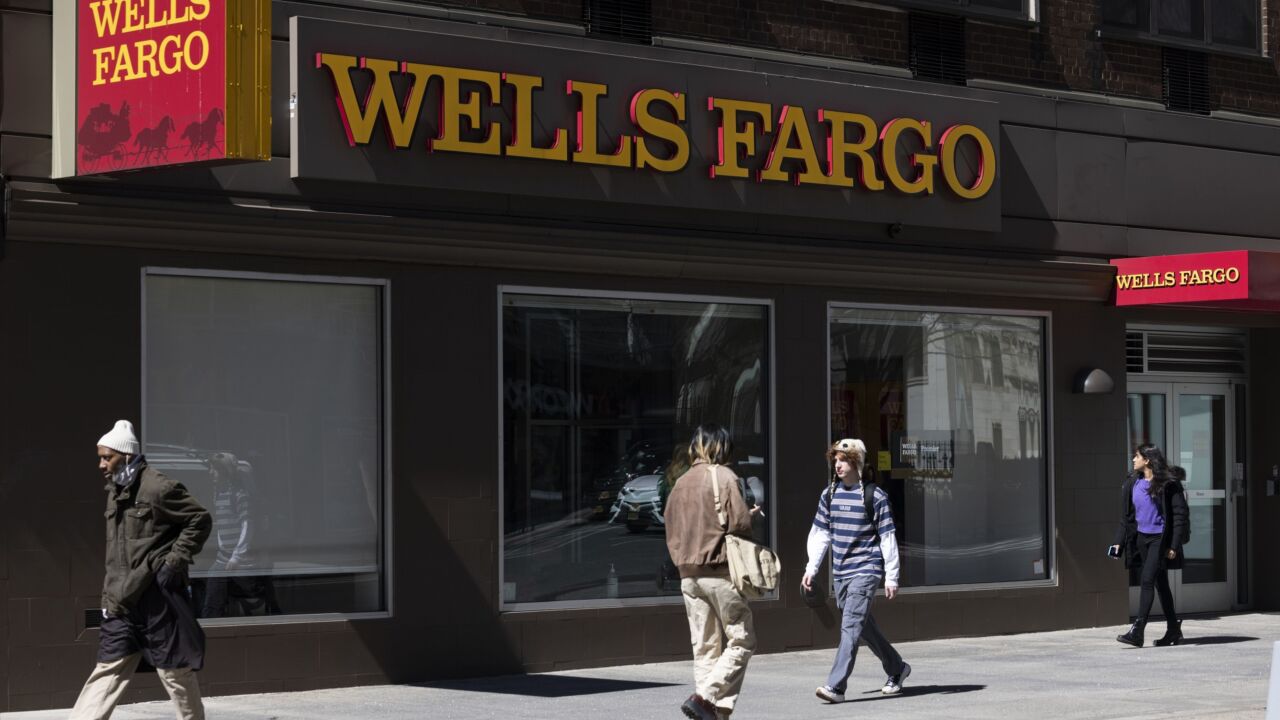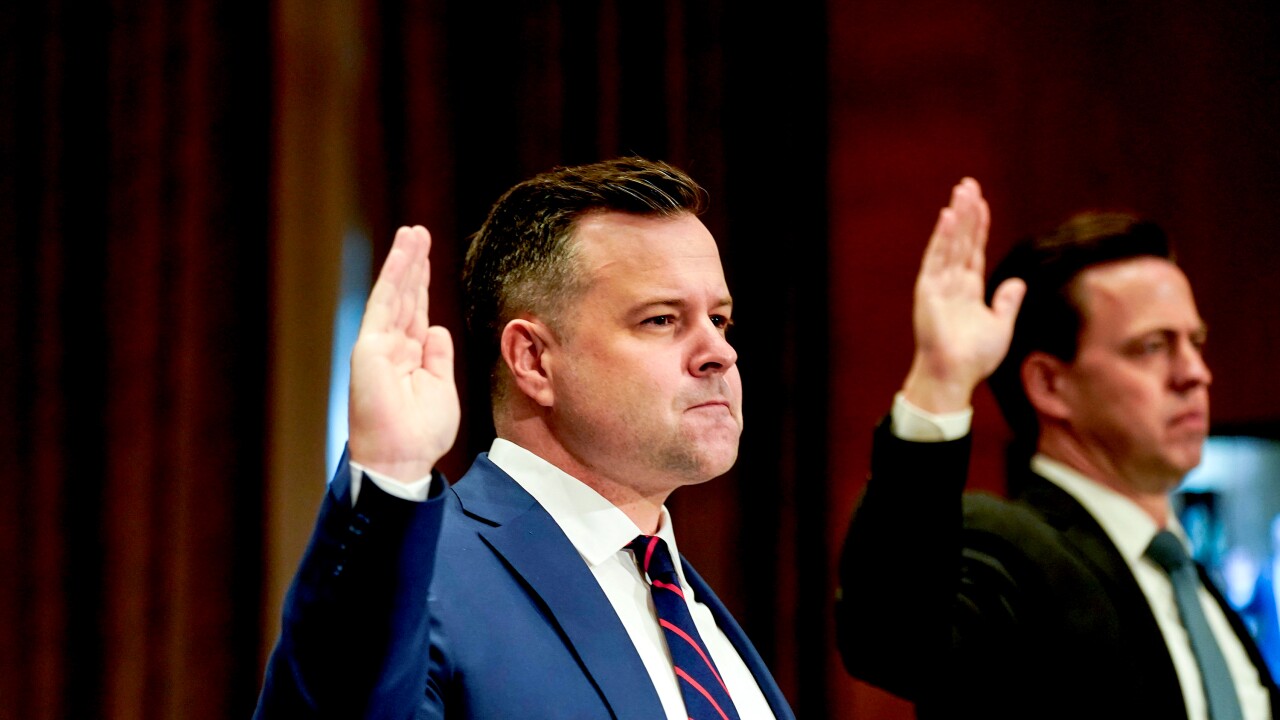The auto industry's recent willingness to confront its labor unions should be a lesson to bankers that the moral hazard doctrine must be obeyed.
As The Wall Street Journal opined late last month, the "great tragedy" is that the two sides didn't make the hard choices 20 years ago that "might have saved tens of thousands of jobs and spared a region much economic distress."
The mortgage crisis would be less severe today if Washington had made hard choices 20 years ago. The issue then was the emerging savings and loan crisis.
"Moral hazard" used to be a warning about the risks of a bailout for systemwide banking mistakes. But in the late '80s, as hundreds of S&Ls went broke, the doctrine took a 180-degree turn. Thereafter, the moral hazard to avoid was banking insolvencies, depositor and Wall Street panic, as well as economic recession.
The S&L bailout ended up costing taxpayers hundreds of billions of dollars. And it will continue costing them because, in effect, it established a new federal entitlement. That is, it was a regulatory signal to bankers not to lose sleep over the downside of indiscriminate risk-taking.
It was par for the course. What's a few hundred billion dollars every now and then to make sure banks won't suffer? We can afford it — can't we?
Not according to the government's balance sheet. Unfunded debt for other federal entitlements is heading toward $50 trillion and could double in a generation, bankrupting our nation.
Our political leaders have brought us to the point of being the insurer for all social and economic disorders because of an inability to say "no" and a compulsive reliance on borrowing to cover the payouts. Their selfish philosophy is to shove the problem into the future.
That way they can ignore that the latest banking crisis is the work product of tens of thousands of highly educated, richly paid risk managers — the best of the celebrated information technology revolution — who swore they would make lending safer than ever.
Their "state-of-the-art" algorithms, not common sense, told them they could suspend prudent standards and make a bundle by lending against homes that were overvalued, to borrowers who weren't creditworthy, and with defective contracts.
Their strategy for unforeseen contingencies was to spread the risk by selling the loans in packages to investors who asked no questions. They were so confident their schemes were flawless that they upped the ante by lending billions to the very same investors on the security of the packages they should have known were combustible.
The denouement of their incredible folly is the usual expectation of a bailout, footnoted with the threat that, without one, we — not they — will be to blame for the awful consequences. To soften political resistance, they have indicated a grudging willingness to accept more tending by the feds.
Imagine that: turning the cure over to the experts who indifferently enabled the mortgage bubble to grow and are in a panic now that it has burst.
The feds, meanwhile, have only a rudimentary idea of what went wrong and are guessing who the losers will be, what the crisis might cost, how long it will last, and whether it will drag down the global economy.
What's obvious here is that the culprits do not deserve a bailout and the crisis they manufactured does not justify a role for the feds, who are also culprits.
The feds' performance shows once again that they will always be Johnnies-come-lately when banks herd behind dubious financial innovations. They do not understand, much less know how to control, a herd in stampede. They prefer to clean up after the run.
Unfortunately, it seems there are only two ways to limit the routine disasters banking herds can produce. The first could win favor with the regulators and Congress but wreak havoc on our economy. It would be to empower the feds, similarly to the Food and Drug Administration, to require prior approval for major innovations.
The better way is to do what former Federal Reserve chairman Alan Greenspan recommended: let the market pick the winners and punish the losers. The rest of our economy operates splendidly by that rule.
It produces fewer economic earthquakes than banking because it imposes penalties almost immediately, mostly to wrongdoers. Best of all, it teaches hard moral lessons that minimize recidivism, reward the diligent, and protect taxpayers. It protects without the largesse of government intervention.
Why not use the mortgage crisis to force banks to act like businesses?





